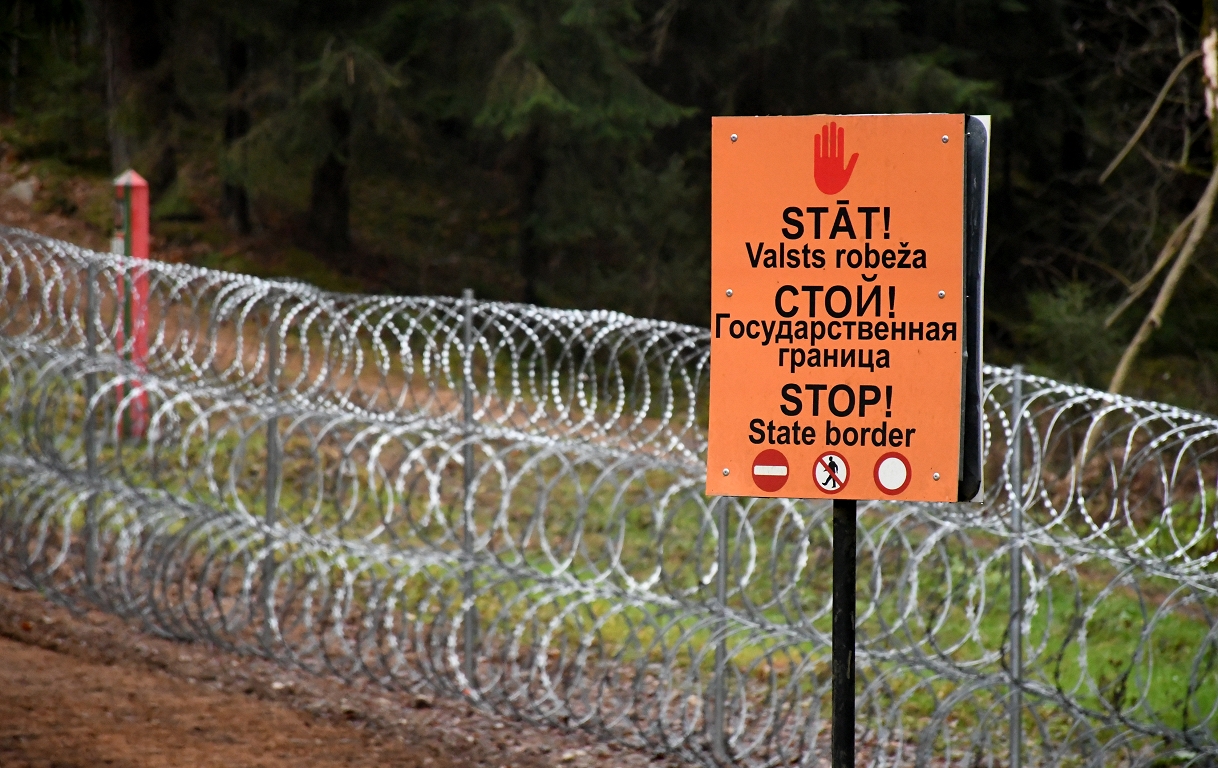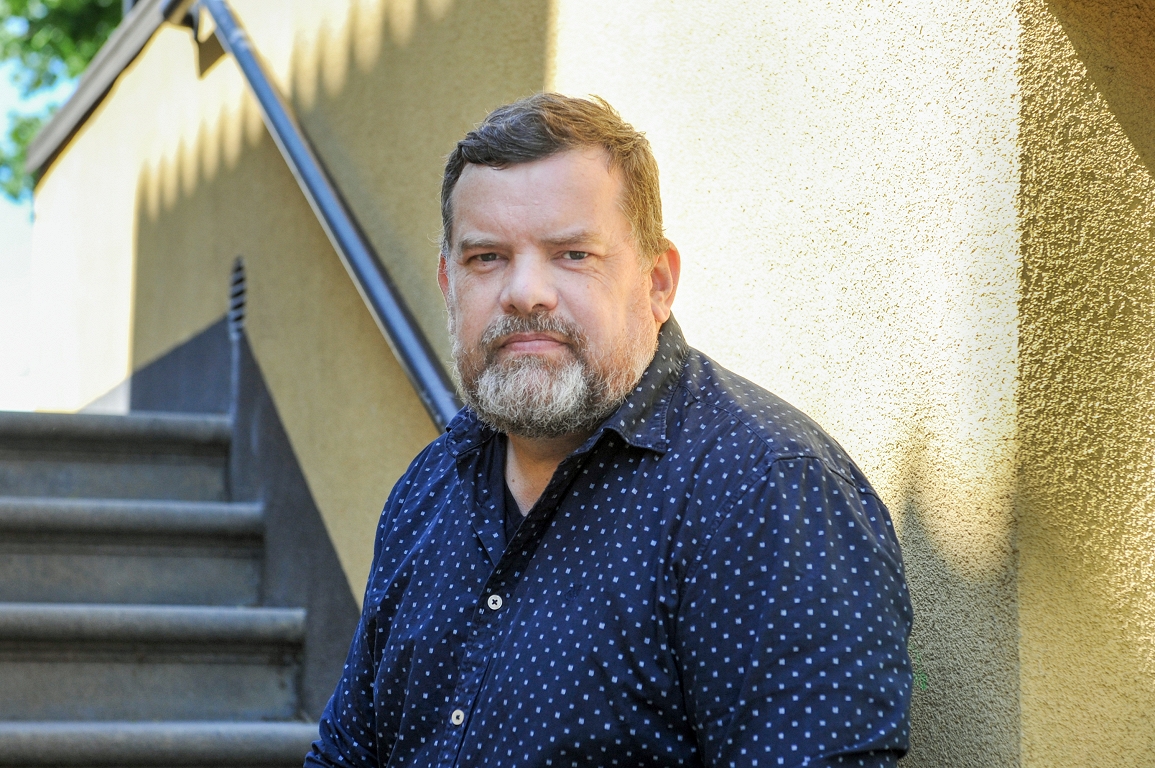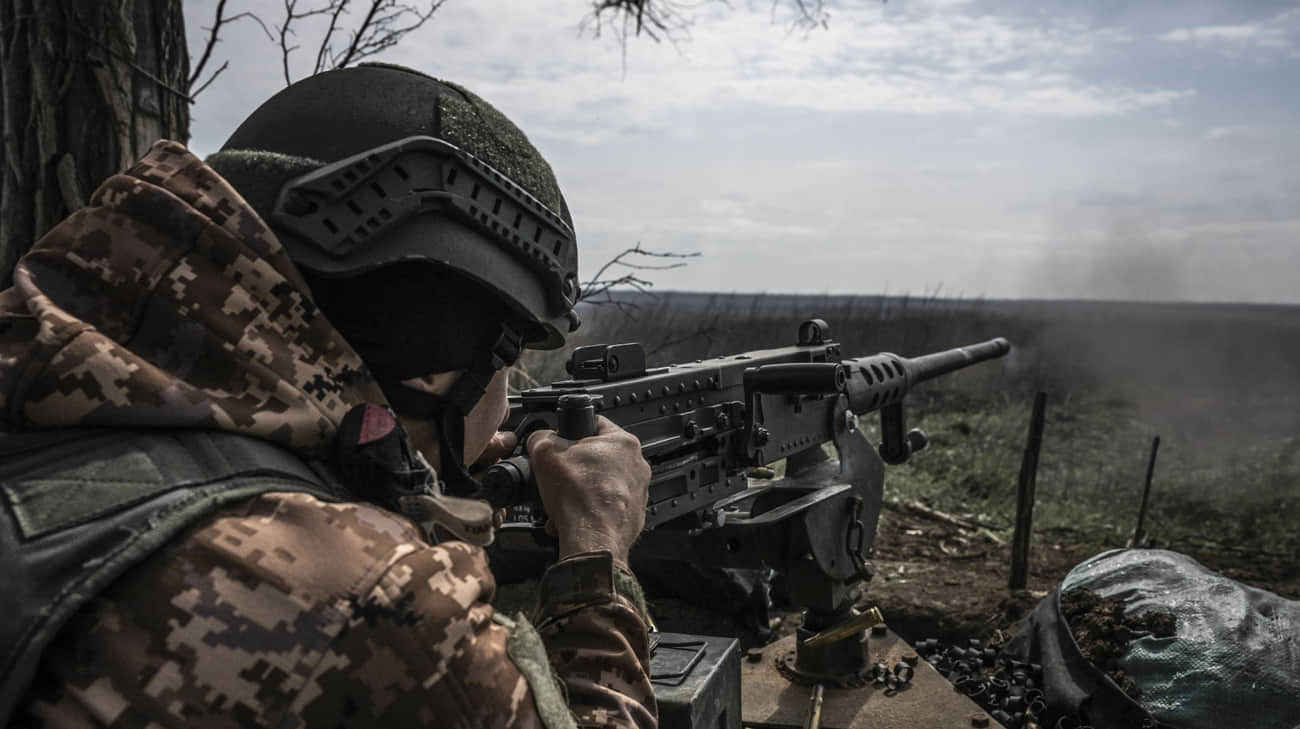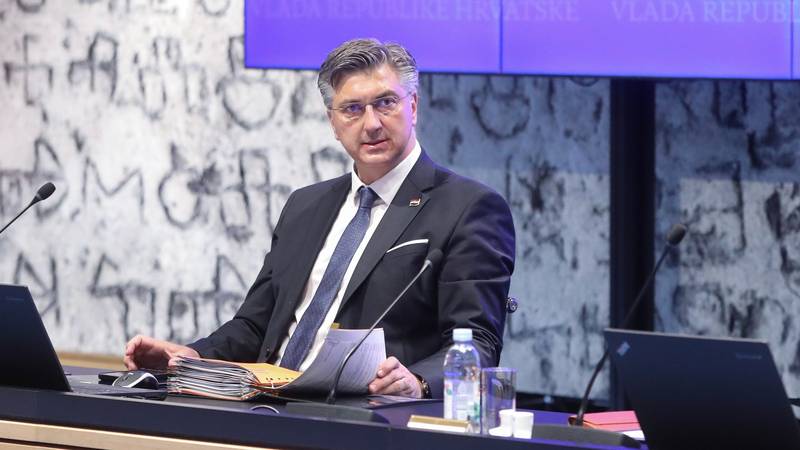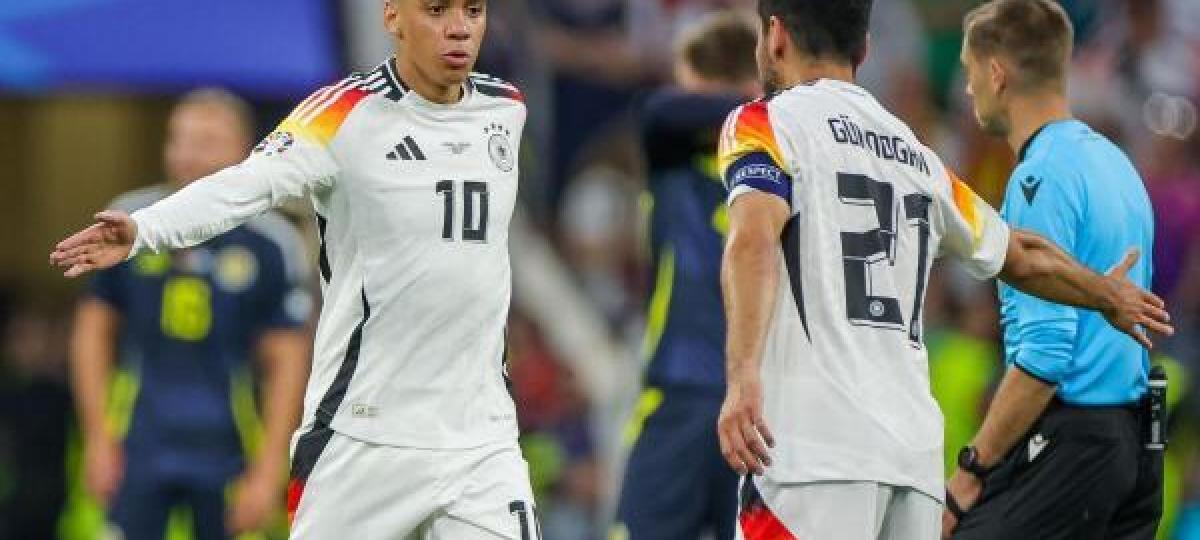The judgment of the Constitutional Court creates a reflection on the importance of the rule of law and human rights in a democratic society / day
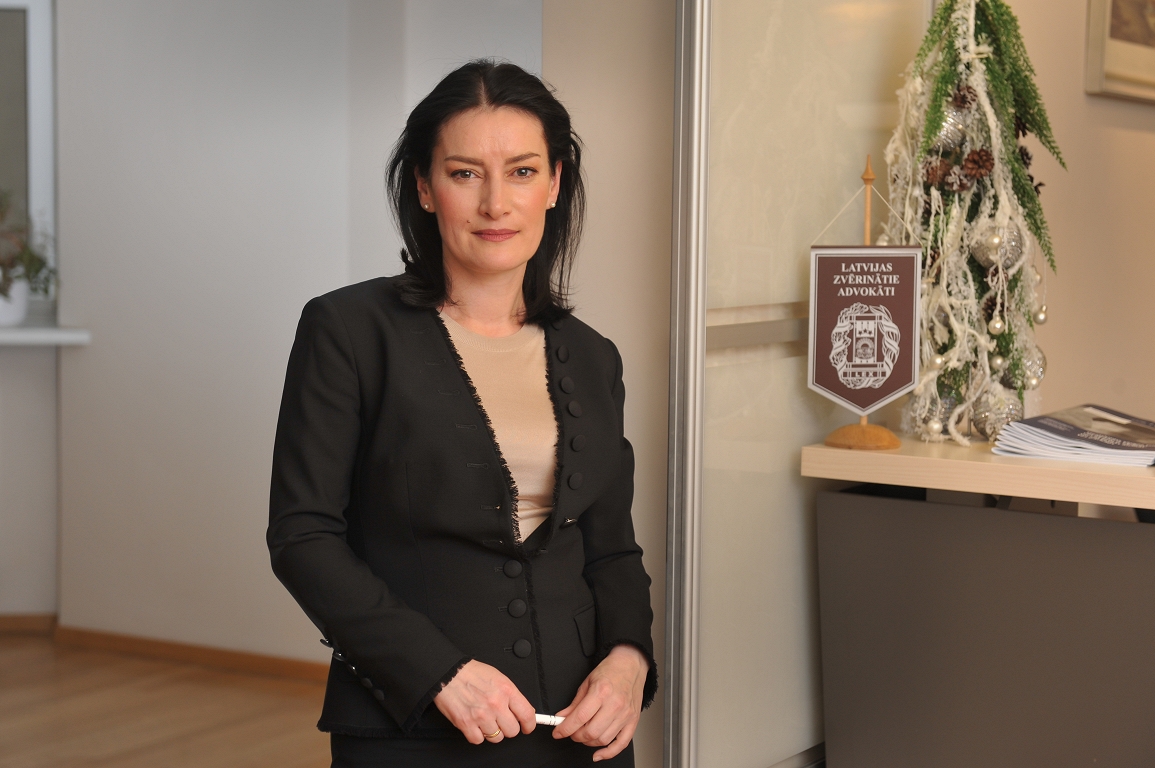
Based on the principles of justice and independence, judges must be independent and subordinate to the law. The inadmissibility of the conflict of interest of judges is one of the basics in ensuring these principles, excluding any doubts about the possible interest of the judge in the outcome of the case.
The judge cannot participate in the hearing if he is personally or indirectly interested in the outcome of the case or if there are other circumstances that raise doubts about his objectivity. This eliminates public doubts about the legality of the judgment and compliance with the law. Within the framework of the general framework, there are reasons for the resignation of the judge, and if the judge has not resigned, any parties may apply for the referee or several judges at the same time. The basis of the rejection of the judge and the procedure for reviewing the rejection shall be determined by the law. The Law on the Constitutional Court shall not allow the Constitutional Court judges to be submitted, however, the right to a fair court stems from the scope of Article 83, 92 of the Satversme and includes both the independence of the court from the public administration (executive and legislative) and the objectivity of the court. Therefore, it is the primary duty of each judge to assess whether there is no circumstances that could throw in the public with doubt on the impartiality of the court and the lawfulness of the judgment.
The Constitutional Court, in the context of the case in the composition of judge Juris Juris, who, as a prosecutor of the Criminal Law Department of the Prosecutor General’s Office, has participated in the development of the Contested Laws and as the Prosecutor of the Prosecutor General’s Office Coordination Unit The institution has not ensured objectivity in the development, implementation and application. The objective basis for the judge’s interest may be the previous participation in the process of developing and applying the contested law and expressing an active point of view on the issues in this case.
Juri Juris was approved by the Saeima as a judge of the Constitutional Court on 31.10.2024, namely after the initiation of the case and after the Court of Justice of the European Union 04.10.2024. In the Joint Cases C 767/22, C 49/23 and C 161/23, when the proceedings were suspended until the European Union Court’s judgment was declared at the request of the Constitutional Court to provide a preliminary ruling in the case.
The lack of neutrality is reflected in the « criminal » proof of proof of property in the Constitutional Court, which is the elements of the « mechanism » of the methodological material or the confiscation of the criminal property. This « mechanism » provides for the proof of the criminal offense, the proof of the « criminal » with the signs of Article 195 of the Criminal Law and the actions of the property. The described « mechanism » description is actually included in the decision of each investigator, initiating proceedings for the proceeds of crime and asking for confiscation. Juris Juris has organized this « mechanism » in practice for training investigators, prosecutors, judges, lawyers, insolvency administrators and other lawyers, devoted to countless publications. One of those published on 14.11.2023. In the magazine « Jurista Vards » No. 46/47 (1312/1313) with the title « Consideration of Criminal Manata Confiscation and Proof of Laundering Composition in Stand Alone » (1) has transformed into a judgment of the Constitutional Court.
Namely, the motives of the Constitutional Court’s judgment are based on this publication, from the fight against organized cross -border crime, and by completing with practical steps to recognize property as criminal. This also explains the judgment of the Constitutional Court on the proof of the criminal origin of the property through the objective parties of Article 195 of the Criminal Law, the actions carried out with property, and indirect evidence, highlighting the information provided by the Financial Intelligence Service report, the documents submitted by persons, testimonies, additional information from other institutions.
Such an approach raises confusion and asks questions about the justification of the Constitutional Court’s judgment, whether the systemic assessment of the truly contested law and an in -depth analysis of the process of adopting the rules may be replaced by the article of Juris Juris, selectively selected argumentation, settings and theories.
The subject of proof in the proceedings of crime is not the same as proving a person’s guilt of money laundering under Article 195 of the Criminal Law, including in the case of Stand Alone. The objective side of Article 195 of the Criminal Law, without the subject of a crime, subject and subjective parties cannot be presumed as criminal. The property and legalization of criminal origin are two of the features of the criminal offense provided for in Article 195 of the Criminal Law, so proof of one sign (object) with another characteristic (objective side) is detached from the entire composition of this criminal composition. In addition, recognition of actions on legalization activities is the prerequisite for these activities to be carried out with the property of criminal origin. Such insights have been established in the existing case law, explained in the case -law.
Therefore, considerations on the confiscation of property of the person’s fleeing, other absence and death, and even if there are objective obstacles to the prosecution of a person, and the obligation to provide evidence of a positive fact on the basis of a person in possession of a positive fact on the basis The conclusions in the combined case C-767/22, C-49/23 and C-161/23 are incomprehensible because the European Union court has not joined them.
The European Court of Justice, when assessing the proceedings for the proceeds of a proceeds, acknowledged that it is governed by criminal proceedings, but that the process of confiscation is not attributable to the Board Decision 2005/212/TI (24.02.2005) on the confiscation of crime, crime and property and the confiscation of the European Parliament and the Council 03.04.2014. Directive 2014/42/EU on the freezing and confiscation of crime tools and crime -free confiscation procedures in the European Union. This means that the contested law enforcement of the law enforcement of the said European Union legislation would not apply to the proceedings, and there is no confiscation without a conviction, enlarged confiscation and third party confiscation, even more so in criminal confiscation. Such an approach contrary to the Court of Justice of the European Union 04.10.2024. the conclusions of the judgment not analyzed by the Constitutional Court’s judgment. Nor is the views of the invited persons in the case regarding the non -compliance of the Contested Norms with the first and second sentences of Article 92 of the Satversme.
The Constitutional Court has motivated the judgment with the European Court of Human Rights in Gogitidze and others. Georgia, Telbis and Viziteu v. Romania, vote v san Marino, Yordanov and more v. Bulgaria, although they contain different actual and legal circumstances and are not comparable to the circumstances of the applicants’ cases. The findings of the European Court of Human Rights apply to the confiscation procedures laid down in the European Union and are not related to the application of the Contested Laws in the Process of Criminal Property Discharge from Criminal Procedure for Laundering of Money Money. In addition, the case -law of the European Court of Human Rights confirms that the criminal offense has been found in deciding on the criminal origin and confiscation of property. Confiscation is decided by applying the presumption on the illegal origin of the property or by being accused of committing a criminal offense.
The contested procedural norms cannot be expanded and amended by the legal define of criminal property. In a special confiscation of property, it is obliged to assess the evidence that property is criminal or related to a criminal offense, rather than assessing the actions carried out with property. Such an approach, or « objective theory », is not a source in legal norms, in the case -law of international courts or in the doctrine.
Evaluating the Constitutional Court 14.03.2023. The decision by which the European Court of Justice was asked for a preliminary ruling for the adoption of a ruling is that « there is a lot of property that is affected by the final decision of the Constitutional Court. Planning and influencing all the economy.
The judgment of the Constitutional Court, which is reduced to the confiscation of criminal assets in the case of autonomous legalization of property, on the basis of Juris Juris, does not provide such objective assessment and shall not be considered as based on values enshrined in the Satversme. The compliance of the contested legal provisions shall not be inferred in the first sentence of Article 92 of the Satversme, in the event of a criminal proceedings not demonstrated by autonomous but other legalization or other criminal offense. The scope of these provisions and the impact on the development of a common case law is not clear when missing the general interpretation of the contested law.
The sequence of events, Juris Juris publicly expressed considerations on whether to leave himself from the proceedings of the proceedings on the legal framework of the proceedings of the proceedings (2) are more like a chess game with state budgetary interests, resources and opportunities on the other, but on the other hand, human rights and A number of questions and one of them remain unanswered whether objectivity and the rule of law in proceedings on criminal property will be ensured and what it will be in the European Court of Human Rights.
(1) https://m.juristavards.lv/doc/284222-niekigi-ligutas-mantas-confidence-and-tan-loose-sastava-pieradisana-stand-alone-
(2) https://www.dien.lv/rack/latvija/zinas/st-juriss-va-sevi-statit-no-fold-view-to-the-go-to-par-lies-mantas-mantas-process-rescess-regul add

